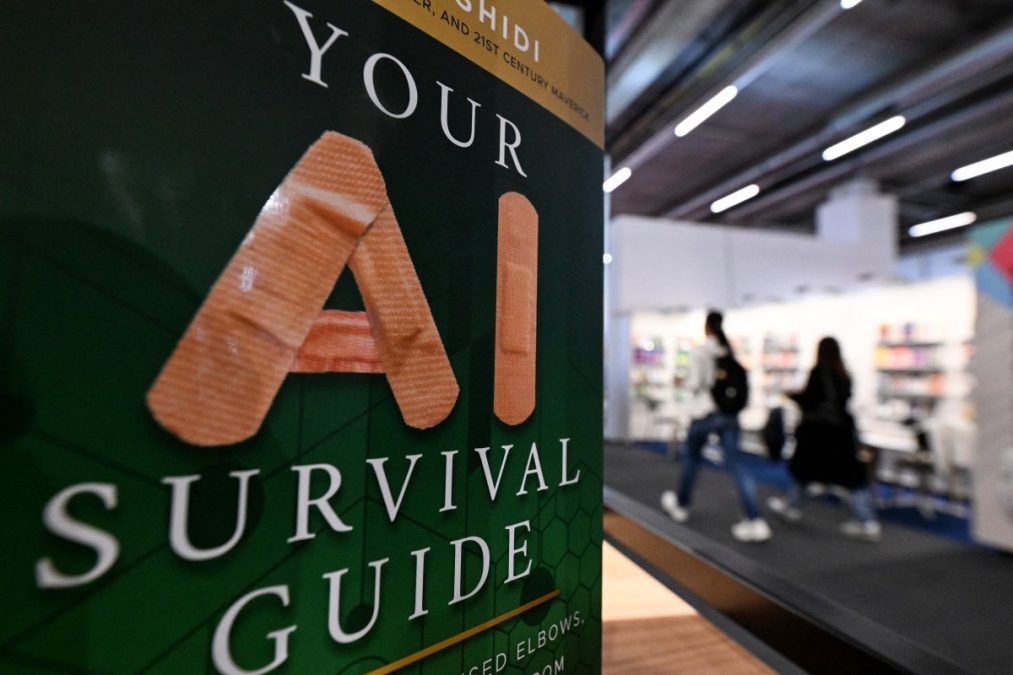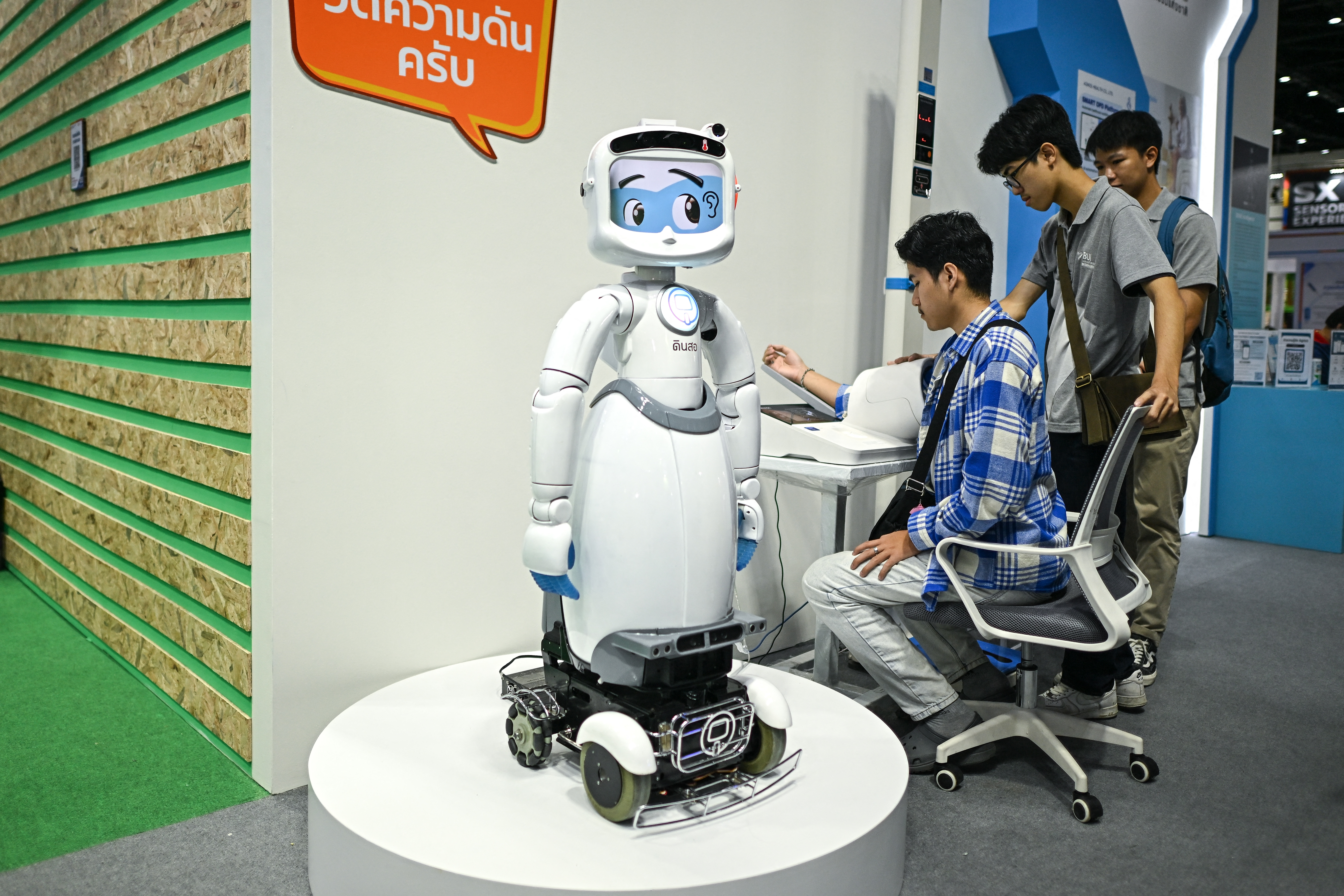DUBAI: As the world accelerates towards an AI-driven economy, adapting the workforce has never been more urgent. This theme took centre stage at the World Economic Forum’s Annual Meeting of the Global Future Councils 2024 in Dubai, where the session Skills in the Age of AI delved into how AI is reshaping jobs, education, and skills development.
To further explore this topic, TRENDS spoke to Stuart Russell, Professor of Computer Science at the University of California, Berkeley who offered a critical perspective on what lies ahead.
Russell emphasized the immediate challenges AI presents in education: “Students at all levels are just using it to avoid doing their homework and having the AI system do the homework for them. Unfortunately, that means they’re probably not learning as we would hope,” he explained.
The professor, however, added that if designed properly, AI could revolutionize education, especially in developing countries, by delivering personalized learning through mobile devices. “Every parent would love to have a tutor for their kid, but employing a human tutor is way too expensive. But if you have an AI tutor, that would be good,” he explained.
Changing the way we work: Automation’s reach
Russell highlighted the transformative power of AI in the job market. “There are plenty of experts who are predicting that by the end of this decade, so six years from now, we will have AI systems that exceed human capabilities in every dimension. That literally means there isn’t a job that the AI system won’t be able to do cheaper and better,” he noted. “This reality raises critical questions: which jobs will disappear first, and who must upskill urgently to remain relevant?”
He continued that while some experts believe this shift is imminent, others, including himself, caution against overestimating current AI capabilities. “Half of the experts think the big shift is just around the corner… the other half, which I’m part of, thinks that it’s going to take a bit longer,” he said.
Ethical dilemmas and long-term implications
The professor highlighted ethical concerns AI raises, particularly around bias and military applications. “There’s already a fair amount of regulation in specific sectors like commercial lending, where machine learning algorithms must comply with laws about bias,” he pointed out. However, he acknowledged a challenge with modern AI systems: “The giant black boxes… we don’t understand how they reach their decision.”

This lack of transparency is troubling for regulators and could have severe consequences if not addressed, he added.
On military AI, Russell’s concern was clear: “There are some people who believe that it’s fundamentally, morally wrong to allow an algorithm to decide to kill a person. One person can press a button and launch a million weapons… We should not go in that direction.”
Navigating the pace of change
Russell acknowledged that the journey toward general-purpose AI will take time: “We will have general-purpose AI at some point, and almost certainly within the timeframe for academic change, which is 20 to 30 years.” He stressed that to prepare for this, society needs to develop the science of human psychology and learning—an area he believes remains underexplored.

